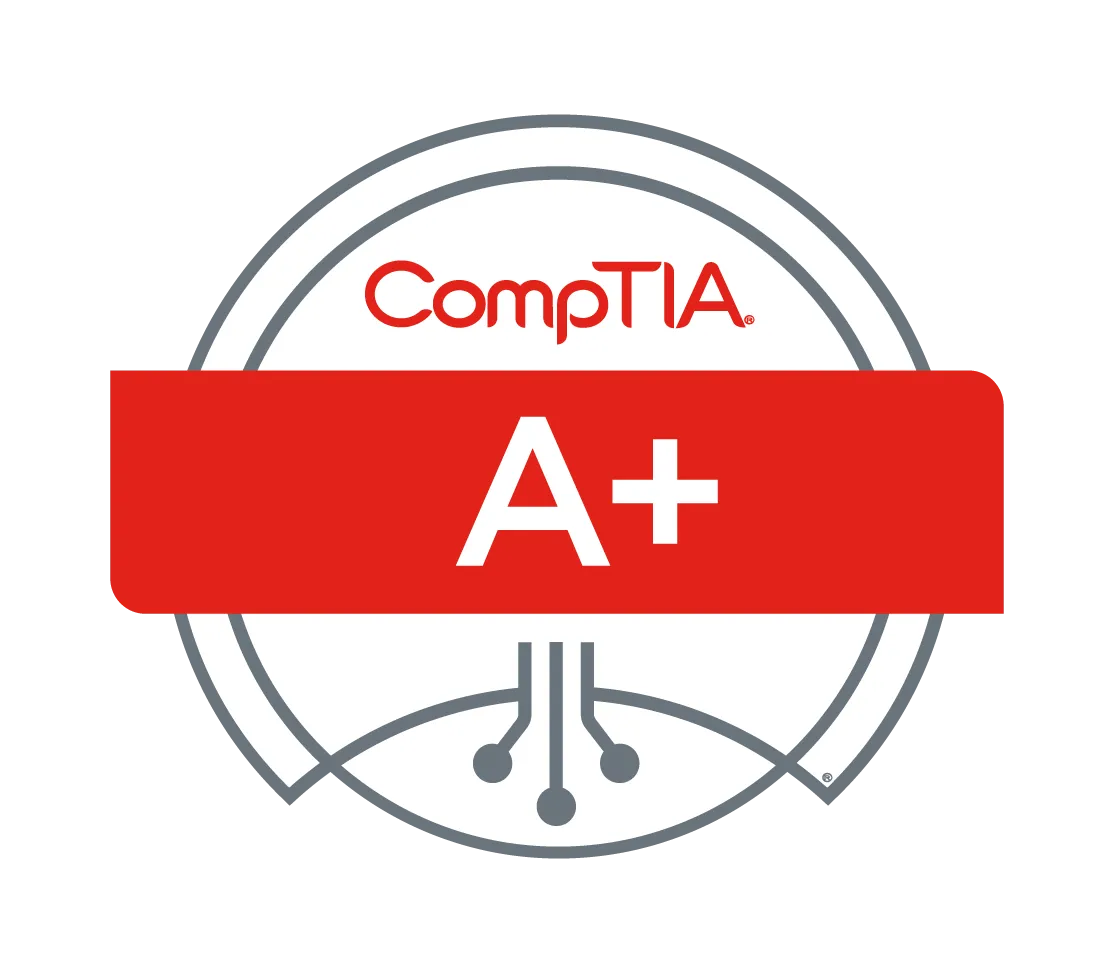The Cloud Computing training course consists of the following module:
Microsoft Azure Administrator (AZ-104)
The internet-based computing approach, which enables users to store, manage, and access data on a distant server as a means of virtualizing an organization’s IT infrastructure and enabling employees to connect to resources remotely, is taught in cloud computing training courses.
The Azure Administrator (AZ-104) training course is perfect for professions requiring IT professionals to deploy, administer, and monitor the Azure infrastructure. Participants will gain a thorough understanding of the whole Azure environment administrative lifecycle through this comprehensive certification session.
Objectives
- Control the governance and identities in Azure.
- Install and oversee storage
- Install and oversee Azure computing resources.
- Set up and oversee virtual networking
- Keep an eye on and backup Azure resources.
- Make use of Azure Resource Manager (ARM) templates to streamline the deployment of applications.
- Use containerized apps to save money.
- Build and set up online applications
- Establish a network standard to serve as the foundation for your Azure environment.
- Keep an eye on the Azure platform to spot vulnerabilities and inefficiencies.
- Establish a backup policy to guarantee the recoverability of your environment.
Course Outline
Governance and Compliance
Virtual Networking
Network Traffic Management
Azure Virtual Machines
Data Protection
Identity
Azure Administration
Intersite Connectivity
Azure Storage
Serverless Computing
Monitoring




